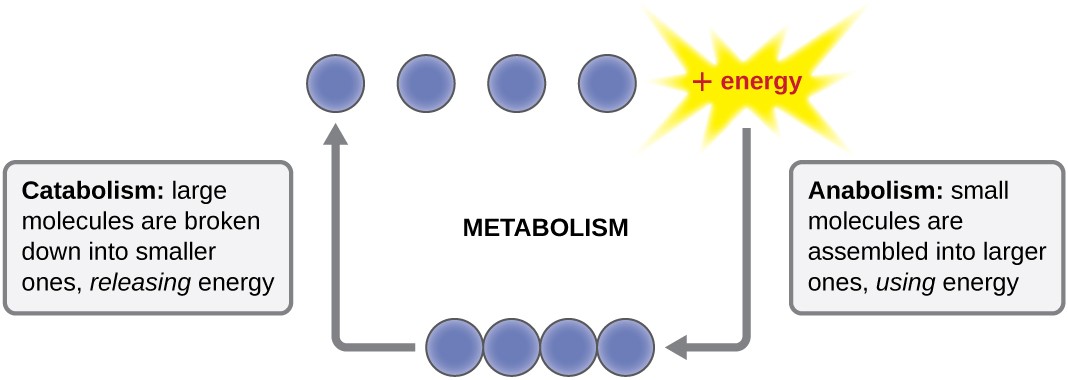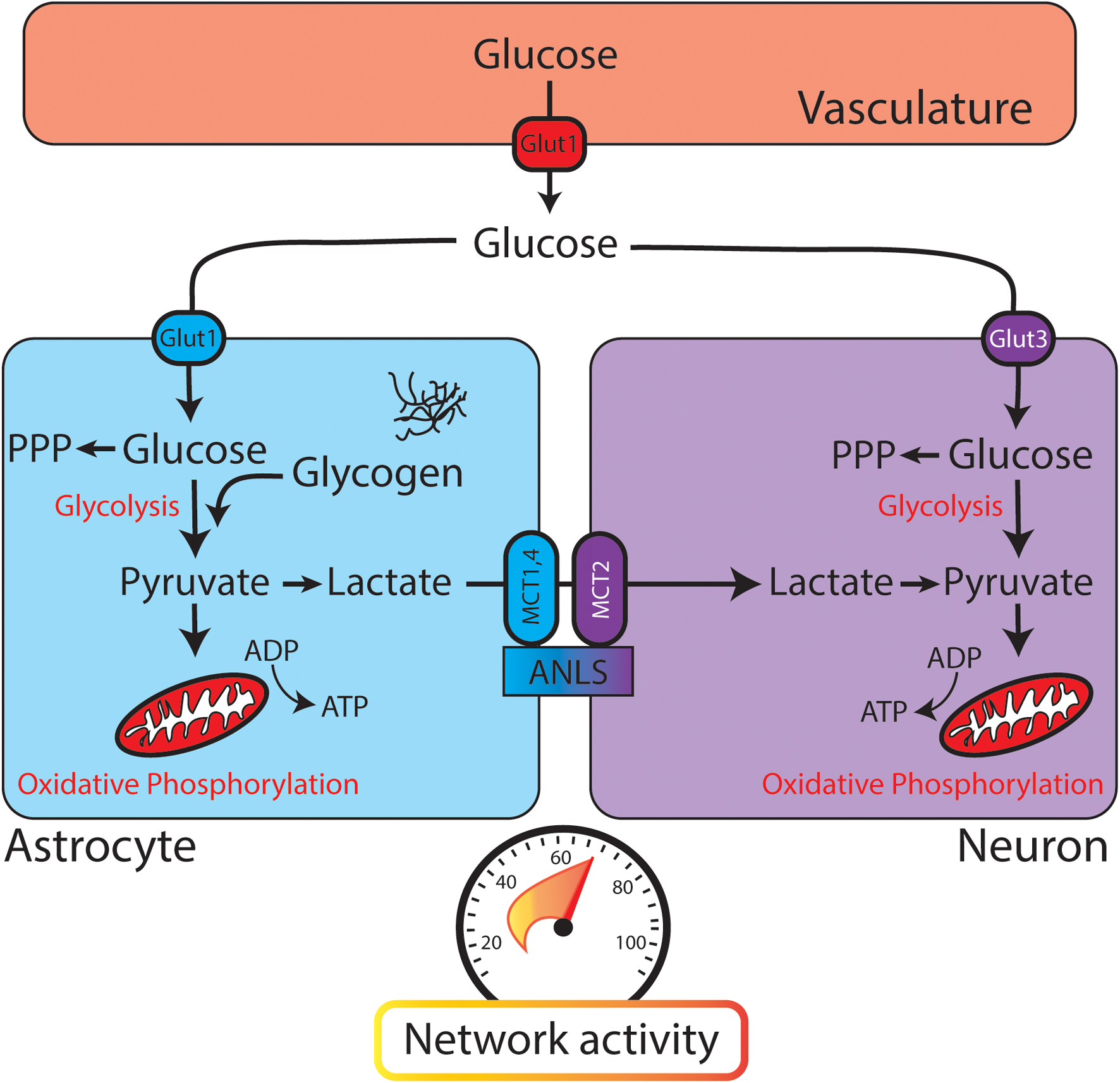Introduction:
Physical fitness is an essential aspect of overall health. Regular exercise has been widely acknowledged as an effective tool for improving physical fitness levels and preventing chronic diseases. This article aims to explore the relationship between exercise and physical fitness, with a focus on the different components of fitness and their benefits. Additionally, the importance of exercise in promoting mental health and cognitive function will also be discussed.
1. The Components of Physical Fitness:
Physical fitness encompasses a range of abilities and attributes, which can be categorized into different components. These components include cardiorespiratory endurance, muscular strength, muscular endurance, flexibility, and body composition. Each component plays a vital role in maintaining overall fitness.
1.1 Cardiovascular Endurance:
Cardiovascular endurance refers to the ability of the heart, lungs, and blood vessels to efficiently supply oxygen to working muscles during prolonged physical activity. Regular cardiovascular exercise, such as jogging, swimming, or cycling, enhances this endurance, reducing the risk of cardiovascular diseases and improving overall aerobic capacity.
1.2 Muscular Strength and Endurance:
Muscular strength represents the maximum force a muscle can exert against resistance, whereas muscular endurance refers to the ability to perform repeated contractions against resistance over an extended period. Strength training exercises, such as weightlifting, promote muscular strength, reducing the risk of musculoskeletal injuries and enhancing overall physical performance.
1.3 Flexibility:
Flexibility refers to the range of motion around a joint and the ability of muscles and tendons to stretch without injury. Stretching exercises, such as yoga or Pilates, improve flexibility, leading to better posture, enhanced athletic performance, and reduced risk of muscle strains.

1.4 Body Composition:
Body composition refers to the proportion of lean tissue (muscle, bone) and fat in the body. Regular exercise, particularly a combination of aerobic and strength training, helps maintain a healthy body composition by reducing body fat percentage and increasing lean muscle mass.
2. Benefits of Exercise on Physical Fitness:
2.1 Weight Management:
Obesity has become a global health concern, linked to various chronic diseases. Regular physical activity, combined with a healthy diet, plays a crucial role in weight management. Exercise helps burn excess calories, increase metabolic rate, and preserve lean muscle mass, making it an effective tool for weight loss and maintenance.

2.2 Disease Prevention:
Engaging in regular exercise has shown to significantly reduce the risk of developing various chronic illnesses, including heart disease, type 2 diabetes, certain types of cancer, and osteoporosis. Moderate-intensity activities, like brisk walking or cycling, can enhance immune function, reducing the frequency and severity of infectious diseases.
2.3 Mental Health and Cognitive Function:
Exercise not only benefits physical fitness but also has a positive impact on mental well-being. Physical activity stimulates the release of endorphins, known as "feel-good" hormones, which can alleviate symptoms of depression and anxiety. Regular exercise has also been associated with improved cognitive function, memory, and overall brain health.
Conclusion:
Physical fitness is a multifaceted concept that entails various components, all of which can be improved through regular exercise. The advantages of exercise extend beyond physical health, encompassing mental well-being and cognitive function. Implementing a well-rounded exercise regimen, including cardiovascular activities, strength training, flexibility exercises, and mindful approaches, can significantly contribute to an individual's overall fitness and quality of life. By embracing physical activity as an integral part of daily life, individuals can enhance not only their physical fitness but also their overall health and well-being.